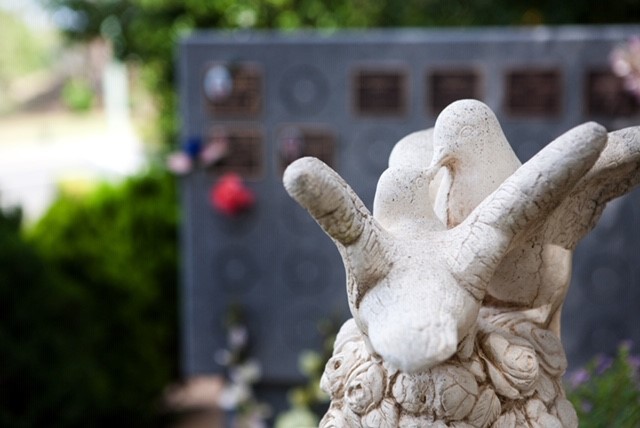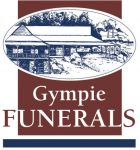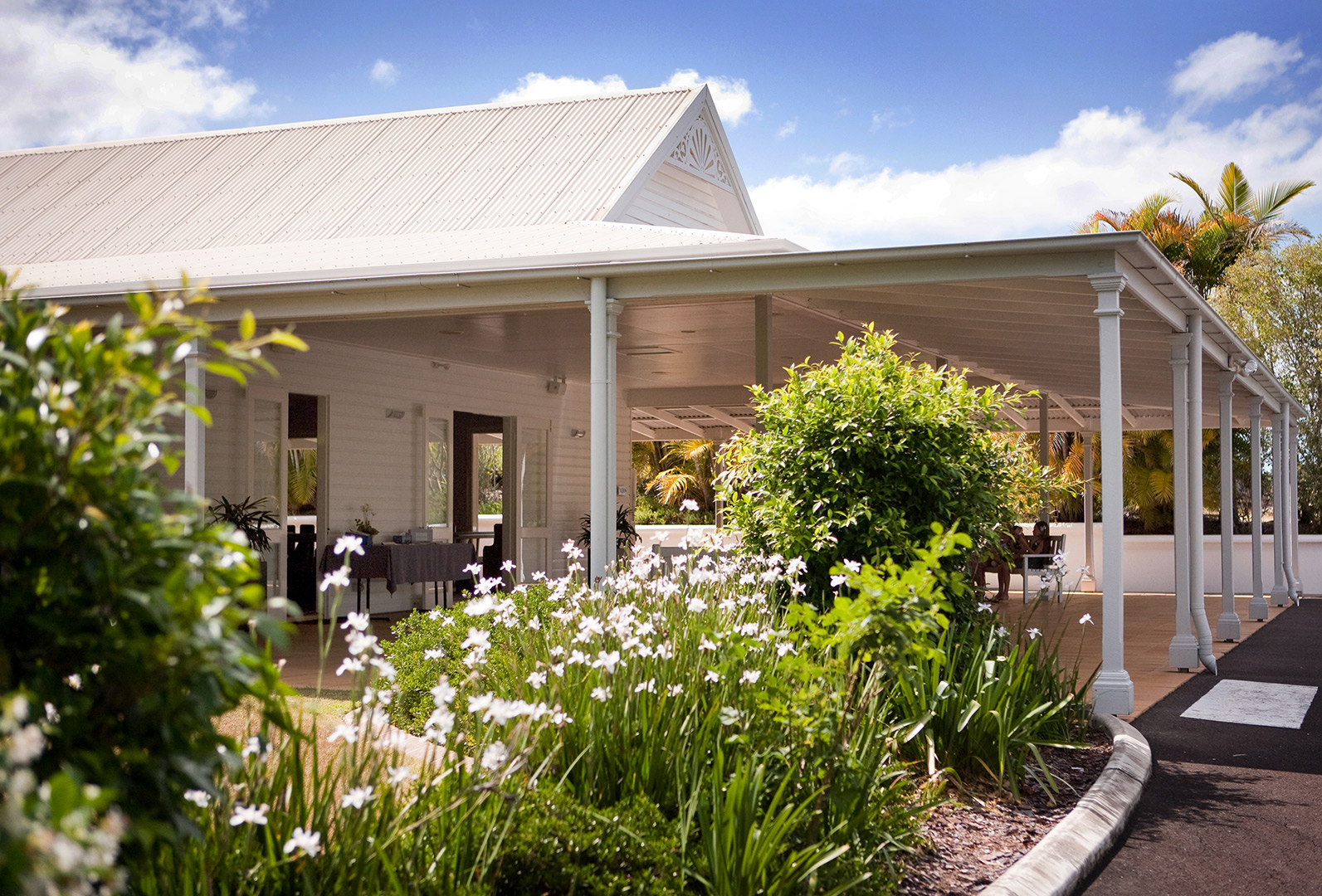The Funeral Arrangement
Arranging a funeral can seem like a daunting task – especially if it’s the funeral of a loved one. Many matters need to be attended to and many decisions need to be made at short notice.
However, the task can be made a lot easier if its broken down into smaller pieces, and especially if you enlist the aid of a professional funeral director, who can arrange many of these matters once you’ve chosen which way you’d like to proceed.
The checklists on this page cover the most common areas that need to be looked at when arranging any funeral:
- specific decisions about the funeral service,
- collecting the personal information of the deceased,
- locating important documentation, and
- contacting important people and organisations to advise of the passing of the deceased
- funeral expenses

Specific Decisions
There are a, sometimes overwhelming, number of decisions that must be made during the Funeral Arrangement process; some of which include:
- Choosing a funeral director
- Choosing the type of service you would like to have
- Deciding on whether you wish to have a burial or a cremation
- Choosing the location(s) of service(s)
- Picking the date and time of service(s)
- Deciding whether you wish to view the deceased?
- Decided whether jewellery is to remain or be returned?
- Selecting special clothes for the deceased, if required
- Selecting scriptures or literature for the service(s)
- Selecting hymns or music to be played before, during and / or after the service(s)
- Selecting floral arrangements
- Will you be accepting floral tributes or a making a donation to charity?
- If required, arranging the location of and food for after the service
- Designing, producing and sending Thank You cards for those who may have given floral or donation tributes
Personal Information
A number of key personal details will need to be gathered in order to complete legal paperwork and other processes – these details include:
- Full legal name
- Residential address
- Date of Birth
- Place of Birth
- Date of Marriage
- Spouse’s full name
- Occupation
- Next of Kin
- Doctor’s name and address
Documents To Locate
Not only will you find having some important documents available for your own purposes useful at this time, we will require several documents from you in order to complete the Funeral Arrangement process, some of which include:
- Will, which may request special funeral arrangements
- Pre-paid Funeral Plan
- Birth Certificate
- Marriage Certificate
- Citizenship Papers
- Insurance Policies – home, contents and car
- Life Insurance
- Superannuation papers
- Bank documents
- Property deeds and mortgage papers
- Home loan details
- Taxation records
- Vehicle ownership papers
People To Contact
There can be, depending on personal circumstances, a large list of people and organisations you may need to contact regarding the passing of your loved one – some of these include:
- Immediate family (even estranged members should be considered)
- Close friends
- Executor of Will
- Employer
- Solicitor
- Accountant
- Banks and other financial institutions
- Superannuation Fund
- Clubs and other organisations
- Home care services (eg: Meals on Wheels)
- Australian Tax Office
- Medicare Australia
- Private Health Fund
- Australian Electoral Commission
- Australia Post
- Telstra or Optus (or other telecommunications provider)
- The Public Trustee Of Queensland
- Queensland Transport
- Ergon Energy (in the Cooloola region)
Funeral Expenses
The cost of a funeral is generally made up of many smaller expenses, some of these include:
- Funeral director’s service fee
- Doctor’s certificates
- Transfer of the deceased
- Notices in newspapers
- Coffin
- Any special preparation requested
- Cemetery or cremation costs
- Transport
- Floral arrangements
- Clergy or celebrant fee
- Music
- Church or chapel cost
- Collection of ashes

